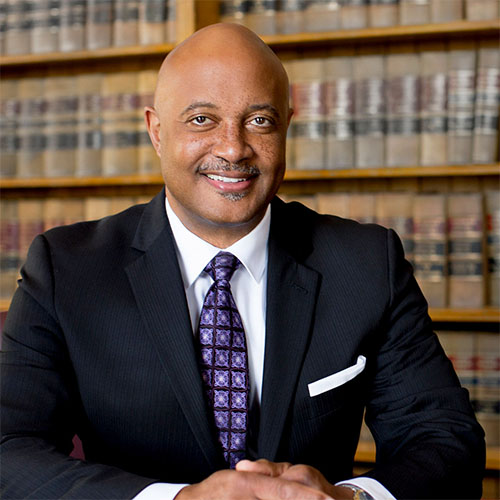
Attorney General Curtis Hill today applauded a federal court’s ruling that plaintiffs challenging Indiana’s absentee voting laws have failed to show that Indiana’s system is unconstitutional.

“Free and fair elections are the lifeblood of a representative democracy,” Attorney General Hill said. “Today’s decision helps affirm that Indiana’s election laws are set up to protect voters and ensure the integrity of our political process.”

The plaintiffs in the case, Tully v. Okeson, asked the U.S. District Court for the Southern District of Indiana to enter a preliminary injunction that would require Indiana to allow all voters in the state to cast ballots by mail in the Nov. 3 election. Indiana law grants vote-by-mail privileges to any voter who falls into one of 13 categories, “many of which are sweepingly broad,” Judge James Patrick Hanlon wrote in his ruling.
The plaintiffs argued that Indiana’s absentee voting law unconstitutionally burdens their right to vote.
“Some states have chosen ‘no-excuse’ voting by mail for all. Indiana has decided otherwise,” Hanlon wrote. “The question here, however, is not whether the policy is wise, but whether it is unconstitutional.”
Hanlon wrote that the plaintiffs did not show a reasonable likelihood of success in making a case that Indiana’s rule is unconstitutional.
The judge also noted that Hoosiers may cast an early in-person vote from Oct. 6 until Nov. 2. Eligible Hoosiers may also have poll workers bring them a ballot so they may vote at home.
“These provisions of Indiana’s voting laws make it easy to vote,” Hanlon wrote.
Attorney General Hill added that everyone who plans to visit a polling place from Oct. 6 until Nov. 3 should take the necessary steps to protect their health.
The court’s ruling is attached.



